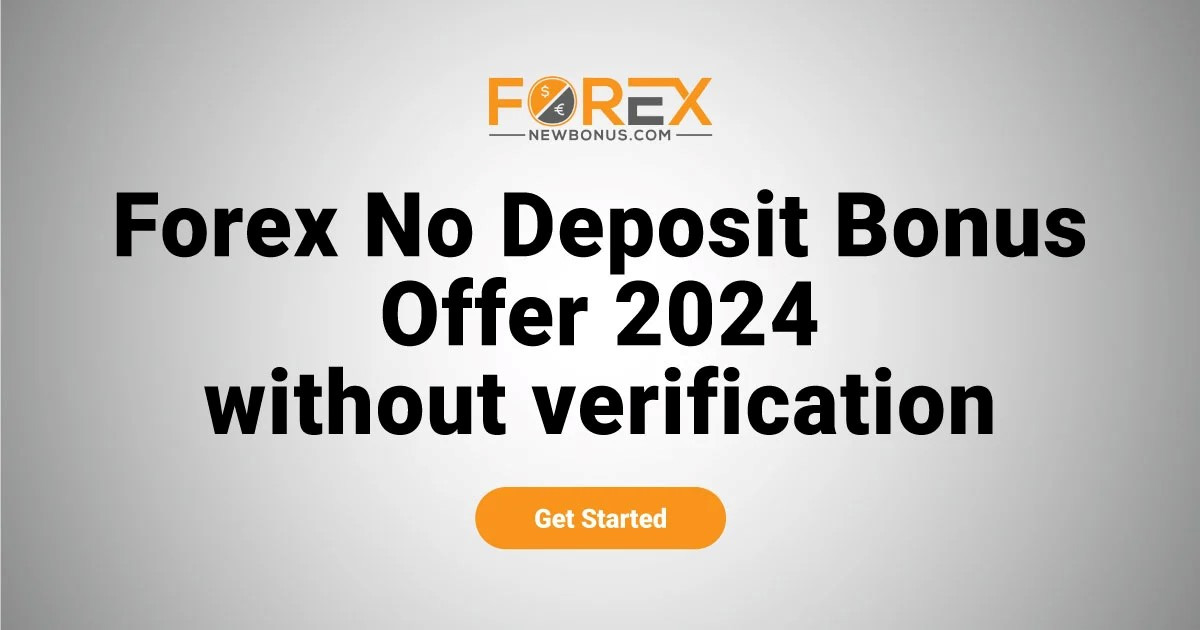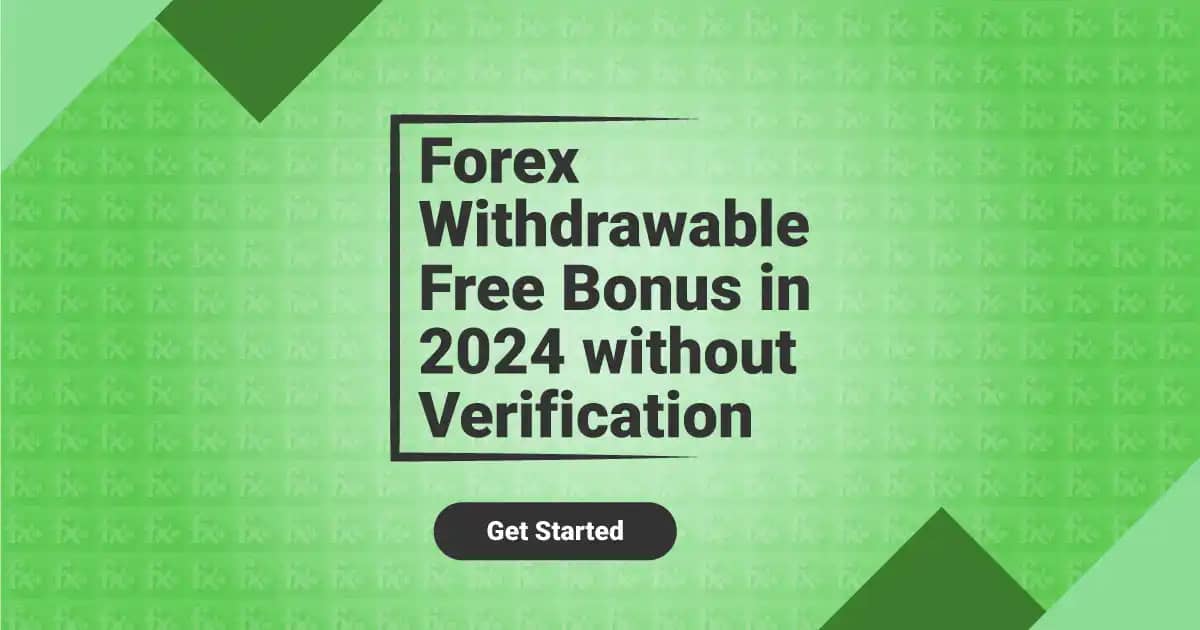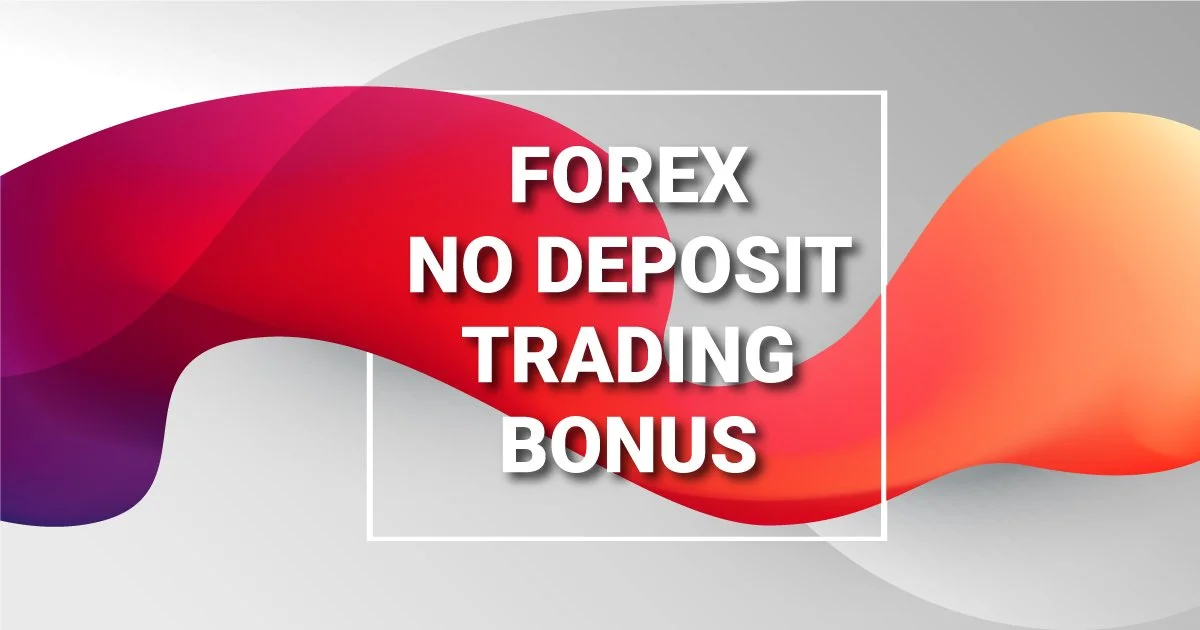Forex No Deposit Bonus Without Verification

Urgent Alert: Forex traders are facing increased risks with "No Deposit Bonus" offers that bypass identity verification. Scammers are exploiting these promotions, leading to potential financial losses and compromised personal data.
The surge in unverified Forex "No Deposit Bonuses" is creating a breeding ground for fraudulent activities. Traders are lured in with seemingly risk-free opportunities, only to find themselves entangled in scams or facing unexpected fees.
The Rise of Unverified Forex Bonuses
The allure of a "No Deposit Bonus" is undeniable: trade Forex without risking your own capital. These bonuses, traditionally offered by legitimate brokers to attract new clients, are now being heavily abused.
Scammers are offering these bonuses without requiring standard Know Your Customer (KYC) verification. This lack of verification is a major red flag.
Why No Verification is Dangerous
Bypassing KYC allows scammers to operate anonymously. They can easily create multiple accounts and exploit the bonus system.
Without verification, it's impossible to trace funds or hold these individuals accountable for fraudulent activities. This leaves traders vulnerable to exploitation.
"No Deposit Bonuses" without verification often mask hidden terms and conditions. These can include exorbitant withdrawal fees, impossible trading volume requirements, or outright denial of payouts.
Who is at Risk?
New and inexperienced traders are particularly vulnerable. They may be unaware of the risks associated with unregulated Forex promotions.
Individuals seeking quick profits and neglecting due diligence are also at high risk. Greed can often blind traders to the warning signs.
Even seasoned traders can be caught off guard by increasingly sophisticated scams. Always verify the broker's credentials and read the fine print.
Where are These Scams Prevalent?
These scams are prevalent online, particularly on social media platforms and unregulated Forex forums. Be wary of unsolicited offers and promotions.
Countries with lax financial regulations tend to attract these types of fraudulent schemes. Research the regulatory environment of the broker's purported jurisdiction.
Many operate through shell companies and obscure websites, making them difficult to trace and prosecute.
How to Protect Yourself
Always verify the broker's license and regulatory status with reputable financial authorities. Check with organizations like the Financial Conduct Authority (FCA) or the Securities and Exchange Commission (SEC).
Never deposit funds with a broker that doesn't require KYC verification. It's a critical security measure.
Thoroughly read and understand the terms and conditions of any bonus offer. Pay close attention to withdrawal requirements and potential fees.
Looking Ahead
Financial regulators are becoming increasingly aware of the risks associated with unverified Forex bonuses. Expect increased scrutiny and enforcement actions.
Traders are urged to report suspicious activity to the appropriate authorities. This helps to combat these fraudulent schemes.
Educate yourself about Forex trading and the risks involved. Knowledge is your best defense against scams.


















